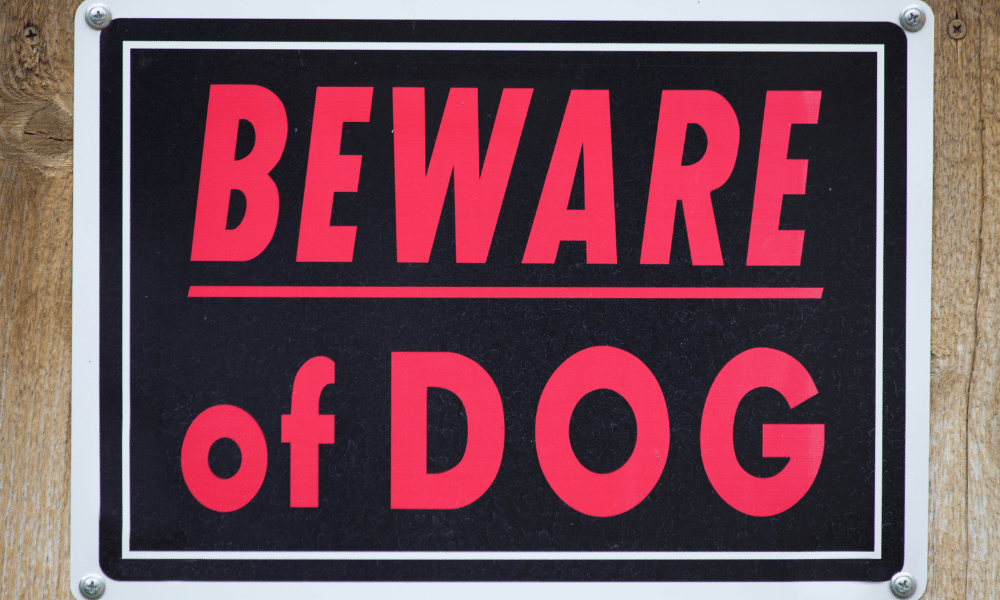ANSWERS TO THE MOST FREQUENTLY ASKED QUESTIONS

At the personal injury Law Offices of Craig Altman, we often receive questions from our clients regarding permanent workers’ compensation claims and workers’ compensation settlements in the New Jersey Workers’ Compensation system.
Honestly, compared to our surrounding states, our system’s guidelines with respect to permanent partial disability benefits, permanent total disability benefits, temporary disability benefits, death benefits, and lump-sum settlements can be quite confusing.
That being said, our workers’ compensation lawyers are here to offer legal advice and help clear up some of the confusion. Whether you need assistance filing a formal claim petition, wondering how long the waiting period for workers’ comp lasts, or what to expect at your informal hearing – we are here to help. For now, here are some of the most commonly asked questions we’ve received.
IS THERE A REASON THAT EMPLOYERS DON’T SETTLE CASES BEFORE A CLAIMANT FILES A FORMAL PETITION? WOULDN’T IT MAKE MORE SENSE IF THEY DID?
There are actually two statutory NJ Workers’ Comp law provisions that pertain to this issue.
The first being N.J.S.A. 34:15-22, which states that “No agreement between an employee and his employer or insurance carrier for compensation shall operate as a bar to the formal determination of any controversy, unless such agreement has been approved by the commissioner, the director, a deputy director or a referee designated as a “referee, formal hearings,” in open court…(in this case, the Judge of Compensation).”
The second provision is N.J.S.A. 34:15-50, which declares “Whenever an employer or his insurance carrier and an injured employee, or the dependents of a deceased employee, shall, by agreement, duly signed, settle upon and determine the compensation due to the injured employee, or to the dependents of a deceased employee, as provided by law, the employer or the insurance carrier shall forthwith file with the bureau a true copy of the agreement. The agreement shall not bind the employer or injured employee, or the dependents of a deceased employee, unless approved by the bureau.”
So, to sum up these provisions, the reason that employers don’t settle cases before a formal petition is filed with the Division of Workers’ Compensation, is because all agreements must first be approved by a Judge of Compensation in New Jersey. This means that if an employee and their employer come to an agreement without the judge’s approval, their agreement is deemed invalid and not binding.
IF THE PETITIONER’S DOCTOR ESTIMATES 60% PERMANENT PARTIAL DISABILITY, BUT THE RESPONDENT’S DOCTOR ONLY ESTIMATES 5%, WHY CAN’T THE AMA GUIDELINES TO THE EVALUATION OF PERMANENT IMPAIRMENT BE USED TO RESOLVE THE DISPUTE?
There is actually a very important reason that this isn’t the case and emphasizes a standard feature of our system.
New Jersey is one of only a few states where judges do not mention the AMA Guides to the Evaluation of Permanent Impairment. However, New Jersey’s non-use of the AMA Guidelines isn’t due to a statute; it is more so due to tradition. There is no such statute that prohibits judges from consulting the AMA Guidelines.
In actuality, it probably would be beneficial for judges to review the AMA Guidelines in cases where opinions on a disability vary on a large scale.
Specifically, in respiratory workers’ comp claims, the guidelines would be extremely beneficial in determining eligibility for permanent disability benefits for these types of conditions, as spirometry and other forms of pulmonary function testing can be difficult to understand.
WHEN IT COMES TO THE AWARD OF A LUMP SUM PAYMENT AND PERMANENT PARTIAL DISABILITY BENEFITS, WHAT EVIDENCE MATTERS MOST TO THE JUDGE OF COMPENSATION IN MAKING THEIR DECISION?
As far as evidence goes, judges refer to two broad categories: the first being proof of a medical impairment, and the second being proof of disability from such impairment.
This means that the claimant must prove an impairment under N.J.S.A. 34:15-36 with provable objective evidence; however, this isn’t all that’s required to win a workers’ compensation case.
Even if a medical impairment does, in fact, exist, if it doesn’t affect the employee in their work or everyday life, this isn’t considered a disability. The injured worker needs to prove that their impairment has left them disabled.
The claimant must demonstrate that their medical impairment affects their everyday abilities, or lessens their ability to perform work.
This is why the judge focuses on more tangible medical evidence such as surgical studies, MRI results, CT scans, etc. as they are able to thoroughly assess how the medical impairment has affected the life of the injured worker.
The judge will consider factors such as if the claimant has had to give up or cut back on hobbies they used to enjoy, decrease the number of hours at work due to the work-related injury, etc. This is the type of evidence that the workers’ compensation judge will study to determine the injured worker’s degree of permanent disability or temporary disability.
In addition, every Judge of Compensation requires testimony that can support the individual’s claims regarding the impact of their disability on their daily life.
HOW MUCH DOES NEW JERSEY AWARD IN DISABILITY BENEFITS?
If and when your injury has been established under New Jersey workers’ compensation, you are eligible to receive disability benefits.
These disability benefits are intended to cover the wages you lost during the time you are unable to attend work due to your work-related injury, and while you are undergoing medical care.
Ultimately, the benefit amount you will receive will vary depending on the extent of your disability.
In the state of New Jersey, disability benefits are calculated as:
- 70% of your average weekly wage for a temporary or total disability with a minimum rate of $216 and a maximum rate of $810; or
- a minimum rate of $35 and a maximum rate of $810 for a permanent partial disability, depending on your type of injury and its severity.
More information on New Jersey workers’ compensation benefit rates can be found at the Department of Labor and Workforce Development.
WHY DO WORKERS’ COMP CASES INVOLVING SURGERY RESULT IN A HIGHER VALUE? DOESN’T THE SURGERY MAKE THE INJURED WORKER BETTER AND THEREFORE MEAN LESS OF A SETTLEMENT AMOUNT?
This is a rather intricate question to answer. Most of us know someone who has received medical treatment and surgery and has had a quick recovery with little or no restrictions at all.
Sure, in many cases, surgery can provide to be incredibly effective. There have been scenarios where all-star athletes have undergone surgery and medical care to treat potentially career-ending injuries, and have bounced back to their old sports abilities.
In the state of New Jersey, practitioners specializing in workers’ compensation claims know full well that an employee has the option to file a reopener petition if some sort of surgery is required for their condition later on down the road.
Their mentality is that if the claimant’s workplace injury does not require surgery at this moment, the condition might not be as significant as it would be if surgery were absolutely needed and in the best interest of the claimant.
Statute N.J.S.A. 34:15-27 grants the employee up to two years following the last payment of compensation to reopen their case and seek additional medical treatment, which is oftentimes surgery.
It is very rare that a claimant testifies in court that their level of ability to function is the same before they suffered the work injury. Because if the claimant did, they would not be awarded permanency disability benefits.
The expert testifying on behalf of the claimant may argue that in spite of the surgery, the claimant has still lost function following the surgery. This will result in the injured worker testifying that they now have to endure limitations in work performance or non-work functions.
It’s also important to note that while it’s not common, many employees never file claim petitions post-surgery, as they believe they have fully recovered from their work injury and have no complaints.
If you have suffered an injury while at work in New Jersey, and aren’t sure if you have a workers’ compensation case, it is in your best interest to contact a workers’ compensation benefits lawyer familiar with New Jersey law right away.
The experienced workers’ compensation attorneys at the Law Firm of Craig Altman will help you navigate the complicated New Jersey Workers’ Compensation system, deal with your employer’s workers’ compensation insurance company, and fight to get you the medical treatment and type of settlement you deserve to pay your medical bills. Contact us today for a free consultation or to learn more about New Jersey workers’ compensation laws or our other practice areas at (856) 327-8899 for our New Jersey office.





